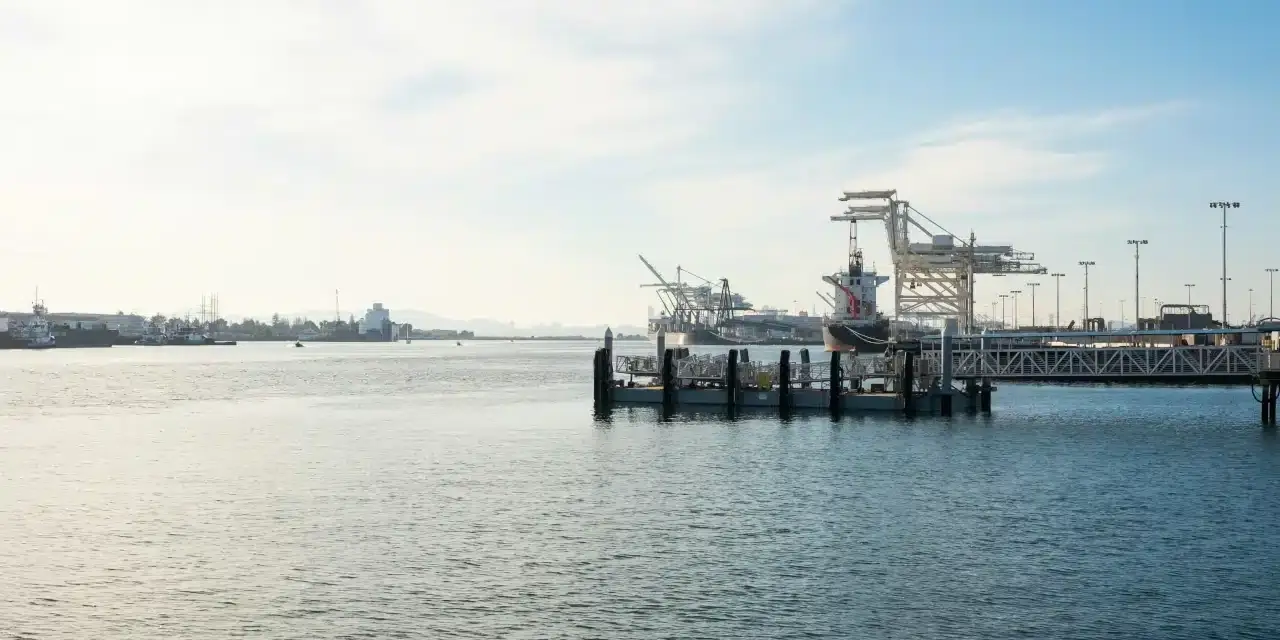Under the Northern Ireland Protocol, there is now a requirement for customs declarations to support the movement of goods from Great Britain to Northern Ireland. For many businesses, the additional administration involved can be complex and intensive, particularly if those businesses have no prior experience of customs declarations and procedures.
There are several options for businesses who wish to ensure they fulfil their obligations, maintain their customs compliance, and ensure customs duty is only paid where applicable. Please note, there are changes from 1st November that impact whether duty is payable on these movements. Click here for more information.
1. Engage with the Trader Support Service (TSS)
The TSS is a free-of-charge platform with a dedicated team of advisors to support businesses in completing the necessary customs entries. Those declarations are raised through an online portal into which registered businesses enter data for the goods movement. The portal links to the HMRC Customs Declaration Service (CDS) to complete the import entry. This process is in two steps: Simplified Frontier Declarations (SFDs) and Supplementary Declarations (SDs).
While the TSS provides support with the process, the onus for entering the data is upon the business; therefore, there is a requirement for knowledge of customs processes and the information required to complete an import entry. An indicative time for completing a declaration is 15 to 30 minutes, depending upon the declaration’s complexity. TSS has a range of guides and support information available through the Northern Ireland Customs & Trade Academy (NICTA), which businesses can access through the portal.
It is advisable for any business using the TSS to have a dedicated resource to study its requirements and processes and act as the primary contact to complete import entries. Adopting this approach builds customs experience within the business and ensures that customs requirements are met in a timely and compliant manner.
2. Engage with a Customs Intermediary
A customs intermediary, such as a freight forwarder or customs agent or broker, can complete the necessary Full Frontier Declaration (FFD) import entries on behalf of the business. To facilitate this, the intermediary will need written instructions from the business indicating if they are acting indirectly or directly for them. A customs intermediary will charge on a transactional basis, with an indicative cost of £45 per entry depending on the declaration’s complexity and the business’s buying power.
While the business is still required to provide the information necessary to complete an import entry, this approach removes the need for specific in-house resources and knowledge of customs processes. It does not, however, remove the responsibility of the business for ensuring that the information declared is accurate and a comprehensive audit trail is maintained.
It should also be noted that if a business has engaged TSS and wishes to transfer to a customs intermediary, the intermediary is unlikely to agree to deal with historic import entries raised through TSS.
3. Contact Barbourne Brook
If you are unsure which option is best suited to your business, we can organise a ‘Q&A’ session to understand your requirements and provide general advice regarding customs formalities for movements from Great Britain to Northern Ireland and the functionality offered by the TSS. If this session identifies areas where additional support may benefit your business, we can provide a proposal for an extended project.
Barbourne Brook's team of experts will analyse your unique customs profile to provide valuable insights, empowering you to establish best practise and protect your business from potential risk factors. Contact us today.
Related Posts
15 July 2024
Customs Traps: The High Price of a Blinkered Approach to Transfer Pricing
Businesses selling direct to customers…
10 June 2024
New Scheme Offers Declaration-Free Exporting To Northern Ireland For B2C Businesses
Businesses selling direct to customers…


